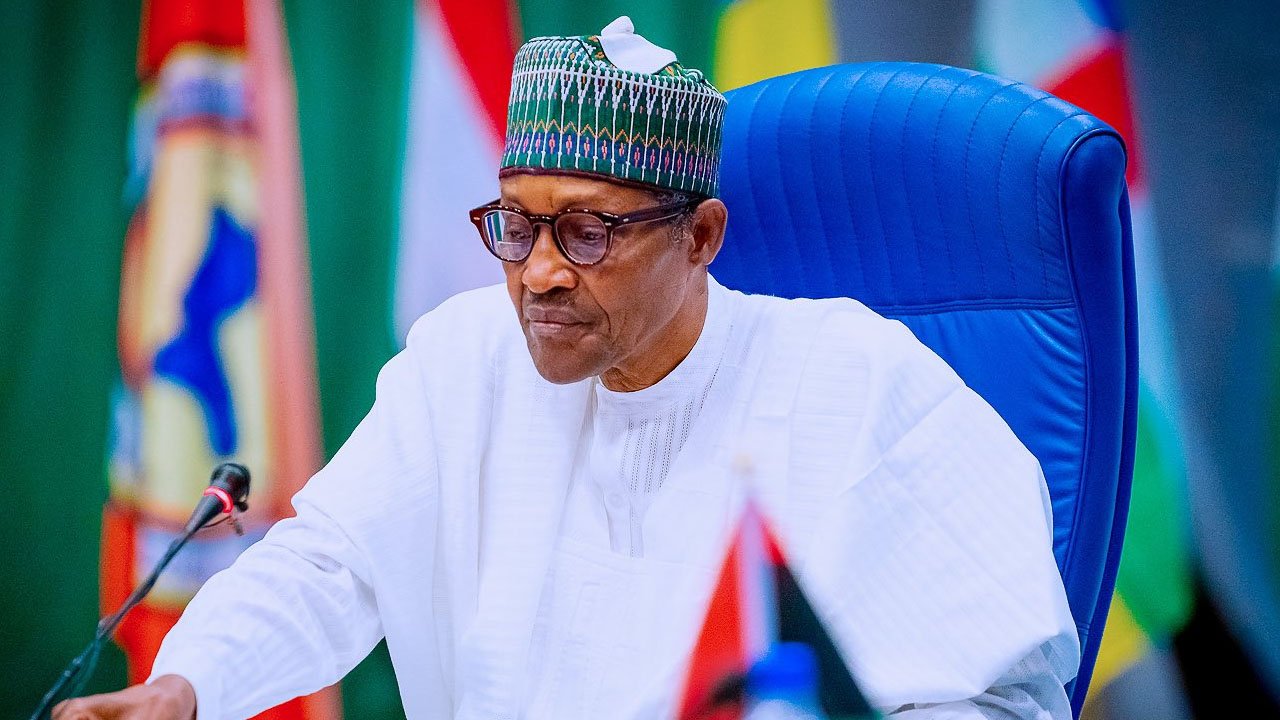Over the past few years, Nigeria has been in a renewed ‘restructuring’ mood so to speak. Old issues such as open grazing, policing, Value Added Tax (VAT), and revenue sharing have all been recast not just as matters of devolution of power between the central government and the so-called federating units, but now between northern and southern states pitched on polar opposites of each issue.
But this late turn in the restructuring debate suffers from poverty of imagination. Devolution of power is important. Restructuring the relationship between the federal government and the states —revenue sharing, for example— is important. But so too is the restructuring of governance at each level, particularly the states and the local governments. This last point has long been muted in the restructuring debate.
- ‘Buhari’s handling of insecurity‘ll boost oil and gas’
- Kogi to Nigerians: Ask EFCC in whose custody it found its ‘missing’ money
It needs to be brought back in. It is important to debate about how Rivers State, or Lagos State, or any other state can receive a bigger share of VAT in a federation such as ours. But how each state spends even what it currently receives or generates in terms of providing public services to the people must be part of that debate.
The federal government, states, local governments, the six geo-political zones, and indeed, The North and South are the current units of analysis in the current restructuring debate. But other units of analysis can be imagined: households, families, and individual Nigerian citizens. These are in fact the very object of governance, and what goes to a majority of them as a share of the overall resources of the country is therefore just as important as more revenues to the states.
This is why the annual budget by governments at all levels matters. The budget is one of the foremost instruments of governance. It shows how a government’s resources are generated, but also how, to whom and for what these resources are allocated, and therefore shows how much value the government places in its citizens or in itself.
In Nigeria over the decades, the trend in budgeting is to allocate more resources to those in government than to the services all citizens enjoy. Recurrent expenditure usually outstrips the capital expenditure, often three to one, and especially in the federal government. That is, for every N1000 a government spends for providing new classrooms, new books for school children, more teachers and nurses, more medicines and neighbourhood roads for the people, it would spend N3000 on supplies, salaries, pensions and other benefits for those who run government. Never mind that even the N1000 allocated to public services may still not be utilized as provided in the budget.
Therefore, if any restructuring is needed in Nigeria today, it must be this first. This is why we are fascinated by the budgetary trends in many northern states over the past few years, particularly in Kaduna and Kano states which are the two leading economies in the region.
Last week, the Governor of Kaduna State, Malam Nasir El-Rufai, presented a proposed budget of N233 billion for 2022 to the Kaduna State House of Assembly, with a proposed capital expenditure of N146 billion and recurrent spending of N87.6 billion, representing 63% for capital and 37% for recurrent expenditures respectively. In 2021 and 2020 for example, capital expenditure was 66% and 65.34% of total budget spend respectively.
The Kano State government has not yet presented its proposed budget for 2022. But in 2021, 2020 and 2019, budgetary allocations for capital versus recurrent spend has hovered around an average of 60% to 40% in favour of capital expenditure. In Katsina State in 2021, the government earmarked N196.1 billion or 70% of its total N282.7 billion budget for capital expenditure, while in Gombe State in the same year, the corresponding figures are 52% for capital and 48% for recurrent expenditures respectively. In short, many northern states are allocating up to 50% or more of their annual budgets to capital expenditure in the past few years.
This gradual shift in allocating more money for capital expenditure by northern states governments in recent years is therefore commendable. We will like to see more of the spending going forward, because the development gap between the northern and southern states, particularly in the areas of education and health is significantly wide. Budgetary allocations can help close this gap. And a 75% to 25% ratio in favour of capital expenditure is not unthinkable, and should indeed be the target going forward.
But budgeting goes beyond numbers. It is one thing to budget more for public services like education, health and infrastructure, but quite another to actually spend the money on those things. The shift in budgeting must be accompanied by full and faithful implementation of the budgets, and above all results on the ground. More spending on education must result in higher school enrolment and completion figures, and of course higher performances in national exams like the West African School Examination in the northern states. Likewise in health and other sectors. As yet another budgeting season sets in, the northern state governments must keep these in mind.

 Join Daily Trust WhatsApp Community For Quick Access To News and Happenings Around You.
Join Daily Trust WhatsApp Community For Quick Access To News and Happenings Around You.


